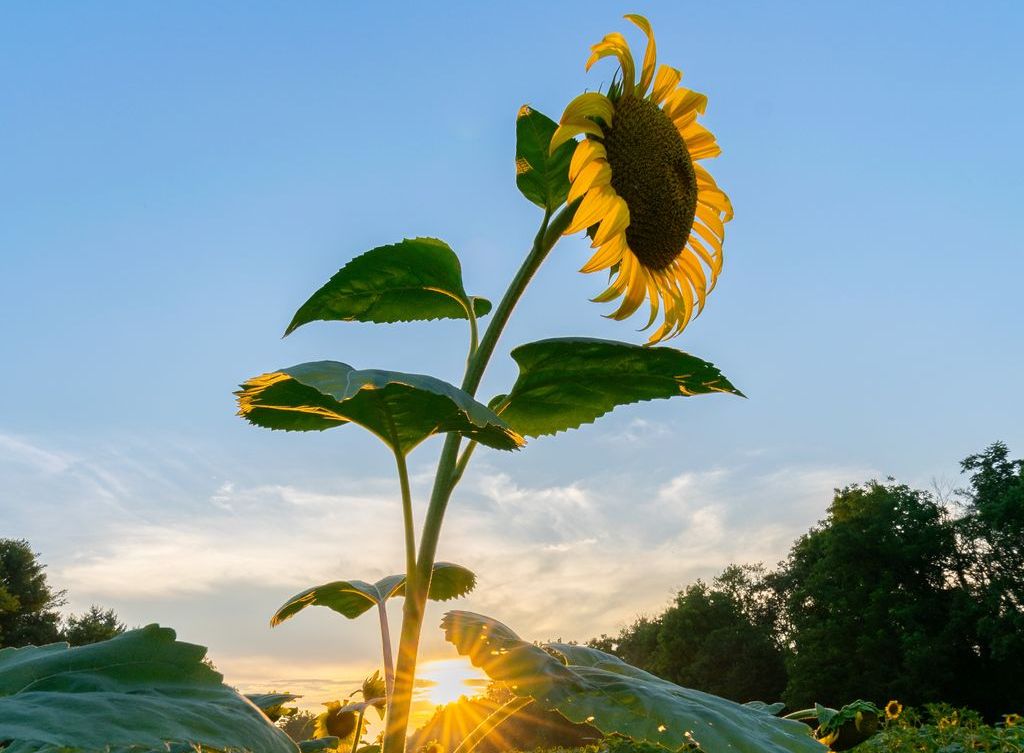Did anyone see giant spiders on their 2022 bingo card? It’s the latest curveball the last few years have thrown at us.
But even in times of uncertainty, it’s possible to take charge of your headspace. 🧠
That’s really what “flow” is all about: getting into a zen state of oneness with your surroundings.
Flow helps you be more productive — but it has lots of other benefits, too. Reduced anxiety. 🧘 More contentment. 😊 A renewed sense of purpose. 🙌
For those new to the concept of flow, here’s a short explainer, with tips on how to find your inner om.
Flow: a heightened creative state
The father of flow theory is a psychologist named Mihaly Csikszentmihalyi (chick-SENT-me-high). Born in Europe in the 1930s, he became interested in how people find contentment after living through the suffering of World War II.
Csikszentmihalyi’s studies took him to the US, where he focused on the experience of artists who got so immersed in their work that they would forget to eat and sleep 😳. Interviews with these and other driven people led him to conclude that people are at their happiest (and most creative) when they are in flow.
His definition of flow: “a state in which people are so involved in an activity that nothing else seems to matter; the experience is so enjoyable that people will continue to do it even at great cost, for the sheer sake of doing it.”
In other words, flow is about what we like to do 👌 for its own sake — not because of the rewards it brings, but because it scratches a deep, even spiritual, itch.
How to achieve flow (the short version)
One of Csikszentmihalyi’s interview subjects, a mountain climber, described flow this way: “The purpose of the flow is to keep on flowing, not looking for a peak or utopia but staying in the flow.”
What can keep you flowing? That’s up to you to determine, but here’s how to start thinking about it.
Identify what basic skills you can master.
Reaching a flow state requires the activity to be “just right” in terms of difficulty. That is, it can’t be too easy (which induces boredom 😐) or too hard (which induces anxiety 😨).
So, in my case, something like drawing is probably out of the question — I just don’t have an eye for perspective.
Writing, however, is a better fit for me. If you can write competently at the sentence level, the same might be true for you.
The key is to 1) figure out where your natural talents are and 2) think about which of those you might want to develop further.
Practice, and practice some more.
To really achieve flow, Csikszentmihalyi found, you have to get to a point of mastery 🔥 in the activity. Whether that takes 1,000 or 10,000 hours, it’s true what they say: practice makes perfect.
Once you achieve some level of mastery, you gain the ability to focus so deeply on the activity that you block out other stimuli. The neuroscience behind this is simple, Csikszentmihalyi said: Our brains can only process about 110 bits of information per second.
In essence, you want your activity of choice to require so much of your attention that it takes up all of that bandwidth.
Set goals.
We tend to get better at things as we do them — so a practice that occupies all of our mental bandwidth when we’re new to it may challenge us less as time goes by.
To keep your flow, ah, flowing, Csikszentmihalyi suggested, it’s important to set challenging 💪 yet attainable ✅ goals.
Games and sports are well-suited to goal-setting, because 1) there are definable ways to win and 2) they are time-bound. You can simply focus on doing what it takes to win until the clock runs down.
For creative tasks, you might have to come up with your own goals. The key: make them tough enough that you’ll stay engaged, but not so tough that you want to give up.
Keep challenging yourself.
While you may find a lifetime of flow in a single activity, for most people it’s possible to reach a flow state in lots of different things.
“The world is so full of things you can do that you can try to do better,” Csikszentmihalyi told NPR in a 2015 interview. “And if you can do that, it doesn’t matter what you are doing.”
So, try many different endeavors 🪄, don’t be afraid to fail 😎, and see what sticks 📍. Your next flow state is waiting.
Photo by Ryan Tasto on Unsplash.


